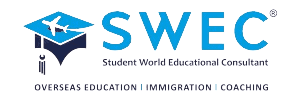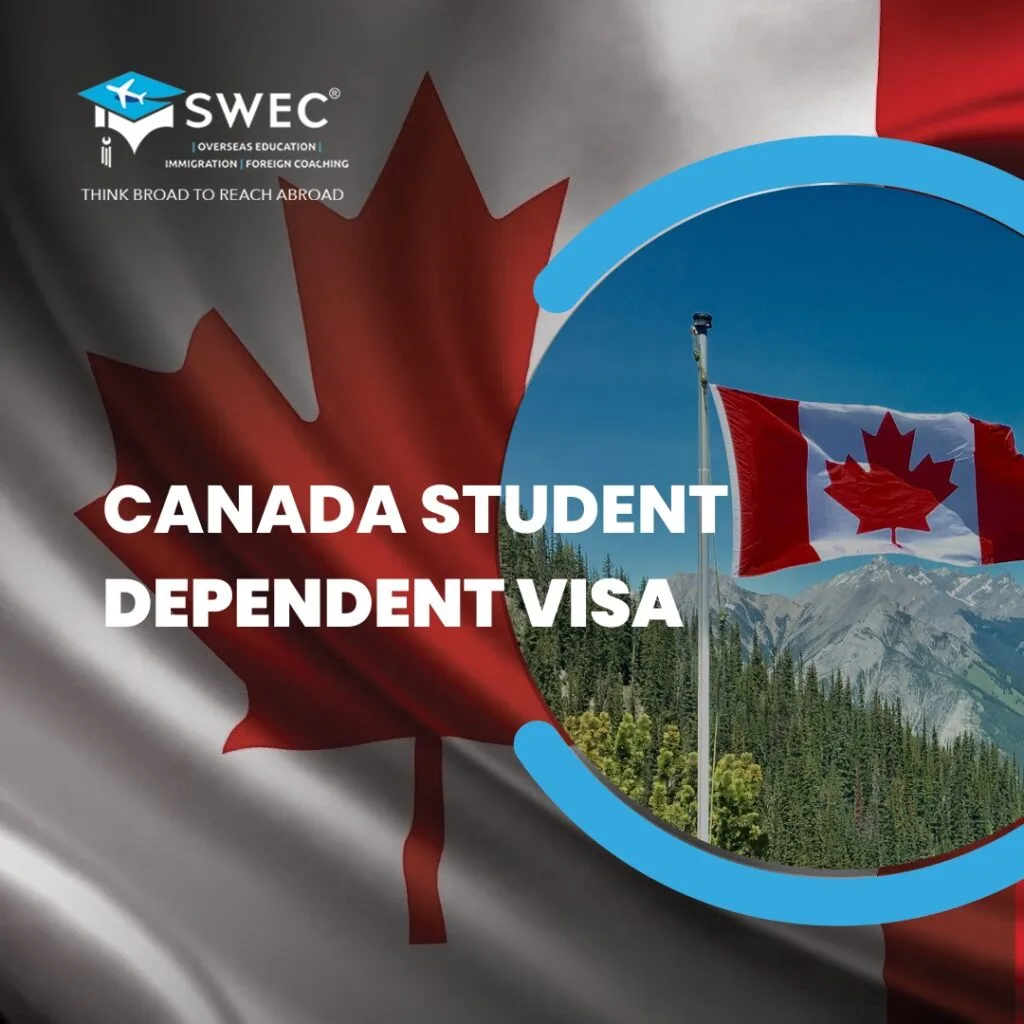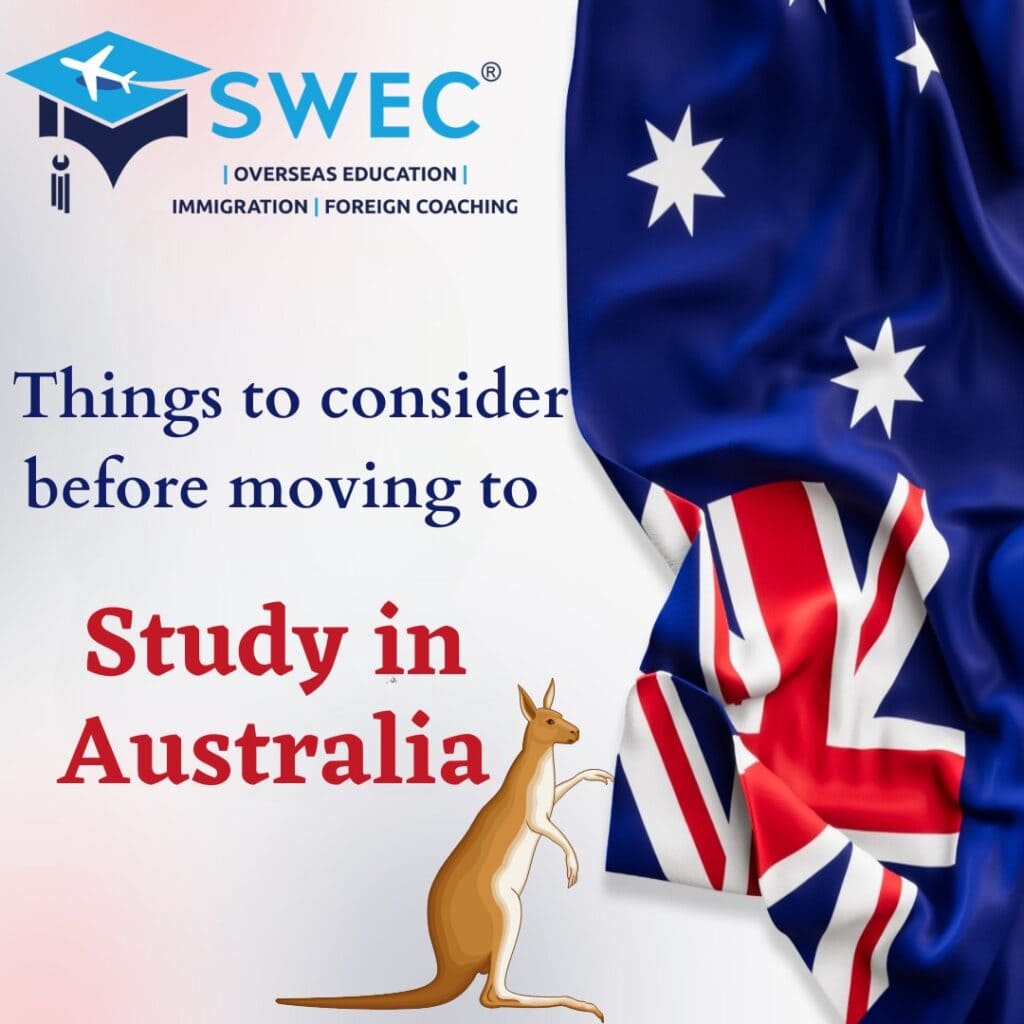
International students come to Study in Canada for a variety of reasons, including its excellent educational system, welcoming culture, proximity to stunning natural places, and much more.
More than 450,000 overseas students came to Canada in 2021. Many people view study in Canada as the ideal first step towards obtaining permanent residency.
It\’s never too early to start thinking about and checking off these twelve requirements for beginning as an international student in Canada, regardless of whether you are in the planning stages of going to study in Canada or you have already been accepted into a post-secondary institution here.
Important Things Required Before Going To Study in Canada
1. Your passport
A passport is required for foreign travel. Apply for a passport in your birth country if you don\’t already have one. If you do have a passport, make sure to look at the expiration date since if it\’s in six months or fewer, you cannot travel abroad.
You should bring it or a photocopy of it if you have any other official government identity from your native country.
This may consist of:
- Birth certificate
- A valid driver’s license
You are in charge of making sure your passport is current after you get to Canada. You must get in touch with your nation’s consulate or embassy if you need to extend or renew your passport while you are in Canada.
2. A letter of acceptance
You will have a letter of acceptance if you have been accepted into a certain Canadian College & Institution. A letter of acceptance is often referred to as an acceptance letter or an offer letter. To get a study permit, you will have to present your letter of acceptance.
Conditional acceptance letters can also be considered. This indicates that there are particular guidelines the candidate must adhere to before starting their major course of study.
Completing instruction in either French or English as a Second Language (ESL) is a typical prerequisite.
3. A financial plan or Funds Evidence Proof
You must provide proof that you will be able to properly support yourself, covering both your tuition charges and additional living expenses, in order to be granted a study visa. This is referred to as financial support proof.
All overseas students must demonstrate that they have at least $10,000 CAD ($833 USD) in funds every month, or more if they are bringing family members with them. You need to earn $11,000 CAD annually to live in the province of Quebec.
There are a few ways to provide proof of financial support:
- Proof of a Canadian bank account in your name, if you’ve transferred money to Canada
- A Guaranteed Investment Certificate (GIC) from a participating Canadian financial institution
- Proof of a student or education loan from a bank
- Your bank statements for the past four months
- A bank draft that can be converted to Canadian dollars
- Proof showing that you’ve paid tuition and housing fees
- A letter from the person or school giving you money
- Proof of funding paid from within Canada, if you have a scholarship or are in a Canadian-funded educational program
4. Your Canada study permit or Canada Student Visa
One is require to present his/her Study permit if they wish to Study in Canada which costs around CAD $ 150 along with that you require
- Letter of explanation or SOP, This letter will help the visa officer understand you and your objectives. It clarifies your motivation for choosing Canada as a study destination, demonstrates how the course of study will advance your professional objectives, and shows the officer that you are aware of your academic obligations.
- If you wish to study in Quebec, you must get a certification acceptation du Québec (CAQ), which is given by the provincial government. You can get all the information you need on how to apply for the CAQ from your school.
- A custodian declaration (minors only): If you are a minor studying in Canada, you will require a custodian, and must include the Custodianship Declaration form with your application. It has two pages that must be notarized (certified by a notary) and then included with your study permit application.
- Other documents: All documents indicated and specified on the document checklist by your local visa office must be included in the application.
5. Find Accommodation To Stay
When you get to university, you must have secure housing suited for you. If you’ve never lived in the region before, it may be challenging to find an affordable place that\’s close to your school, but there are various ways to look for housing.
As soon as you have been accepted to a university, you should begin making accommodations.
Main Types of Accommodation for International Students:
On-campus housing/living:
The majority of postsecondary institutions offer some form of furnished housing for students. For first- and second-year students who wish to live close to their classes, this is an excellent choice.
A common dining hall with a paid food plan is a feature of many on-campus accommodation choices. At some colleges, on-campus accommodation is in high demand, so be sure to apply for residence well in advance.
Off-campus accommodation in a home or apartment:
For mature students who are comfortable cooking for themselves and are familiar with their city\’s environs and public transportation in Canada, off-campus accommodation is perfect.
You can save money by renting a single room in a basement apartment or a one-bedroom apartment, depending on your budget.
Expectations or Conditions for off-campus:
- Rentals may come with or without furniture, so factor in the extra cost of furnishing a place.
- Keep in mind that for off-campus rentals, listings sometimes aren’t available until one or two months before the occupancy date (places for September 1st move-in usually get posted in July or August).
- Rent is typically paid monthly, and prices can vary greatly from city to city.
- The largest cities in Canada, such as Vancouver, Toronto, and Montreal, tend to have the highest rent prices (around $1000 CAD per room per month).
- Try these sites to begin finding an off-campus rental:
- Craigslist
- Kijiji
- Facebook Marketplace
- Padmapper
6. Student Health Insurance
Basic and extended health insurance is a requirement for all international students studying in Canada. International students are not always eligible for publicly subsidized health insurance in all provinces.
You might be eligible for provincial health insurance in your area or you might need to purchase university-provided or personal health insurance.
Depending on your jurisdiction, provincial health insurance only covers the essentials of healthcare and may not cover dental treatment, vision care, or other specialized health issues.
International students who have valid study visas may be eligible to get a provincial health insurance card in various provinces.
More customized insurance solutions are available through private health insurance to meet your unique long-term needs.
To cover additional medical expenses, some colleges provide student health insurance plans. To determine your best options, contact the office of foreign students at your school.
7. A Copy of Your Medical Records and Ongoing Prescriptions
Before you leave home, you should ask your doctor’s office for a copy of your medical records and immunization records.
Any ongoing health concerns or prescriptions should be noted so that you can continue treating them when you start studying in Canada.
Many Canadian universities have a clinic on-campus or close to campus in case you need medical attention at school.
8. A Canadian Bank Account
Once you arrive in Canada then you require a bank account for your financial requirements, transactions, and deposits sent from home.
To open a student bank account with a bank, you will require the following documents:
- Your passport
- Student permit (IMM 1442) or Temporary Resident Visa (TRV)
- Proof of enrollment (optional, but recommended; can be acquired from your university)
- Social Insurance Number (SIN) or proof of residence (optional, but recommended)
9. A Cell Phone Plan
- You\’ll need a Canadian cell phone plan if you already own a cell phone. Compared to other countries, Canadian phone plans are typically more expensive.
- Prices for cell phone plans vary depending on the services that are included in your package. The majority of plans include data; a 5GB data plan with calling and texting can cost between $60 and $100 CAD per month.
- The sort of phone you require affects the price of your cell phone as well. A non-internet-enabled phone can be purchased for less than $50 CAD, whereas a smartphone can easily cost over $1000 CAD. Rogers, Bell, Telus, Fido, Virgin, and Koodo are popular Canadian phone plan providers.




